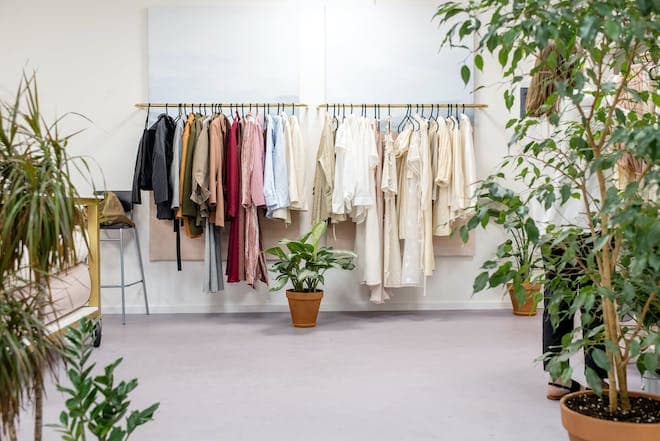By Tania Broughton / Allafrica.com
Regulations giving effect to the government’s commitment to assist ailing industries and workers through the Unemployment Insurance Fund are being gazetted.
The first agreement, gazetted on Tuesday, is between the Minister of Labour and the National Textile industry Bargaining Council.
It states that the regulations apply to all employers in the textile industry, not just council members, but only to those employees earning “wages” and not “salaries”.
It guarantees an amount equal to full pay for the three-week period of the lockdown for those not working, jointly paid by employers with subsidies from the fund through its Temporary Employer-Employee Relief Scheme (TERS).

Labour lawyer Dunstan Farrell told Groundup that while these regulations do not specify the rand amounts, the standard industry agreements reflected that the scheme would pay out between R3,500 – the minimum wage – up to a maximum of R17,712 per worker on a sliding scale.
He explained that wages are paid at an hourly rate, per hour actually worked, while salaries are a fixed amount per month.
The regulations state that the issue of relief for salaried workers is to be referred to a Rapid Response team, established to consider and resolve any unforeseen matters.
The preamble to the regulations records the intention to ensure that workers are not left destitute and to protect the industry.
In order to claim, both the company and the employers need to be “in good standing” with the fund.

The secretary to the council has to open a designated bank account into which the funds will be paid, ringfenced, and paid out to qualifying employees.
The funds, at all times, will be considered “worker funds”.
The secretary must keep proper accounting records and submit weekly reports of all income and disbursements to the fund.
Companies must provide proper documentation for any drawdown of funds, and these must be made immediately available to the fund on request.
Any funds which remain after the lockdown period must be refunded.
“The parties acknowledge that the cost implications are unforeseen and unprecedented and shall continue to explore means by which it could be mitigated.”
The agreement records that post lockdown, any overtime required to make up lost production will be paid at a normal rate.
GroundUp is being sued after we exposed dodgy Lottery deals involving millions of rands. Please help fund our defence. You can support us via Givengain, Snapscan, EFT, PayPal or PayFast.



















